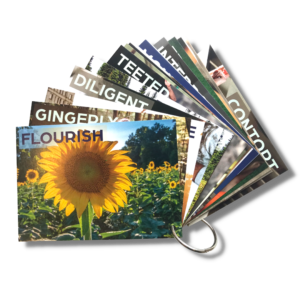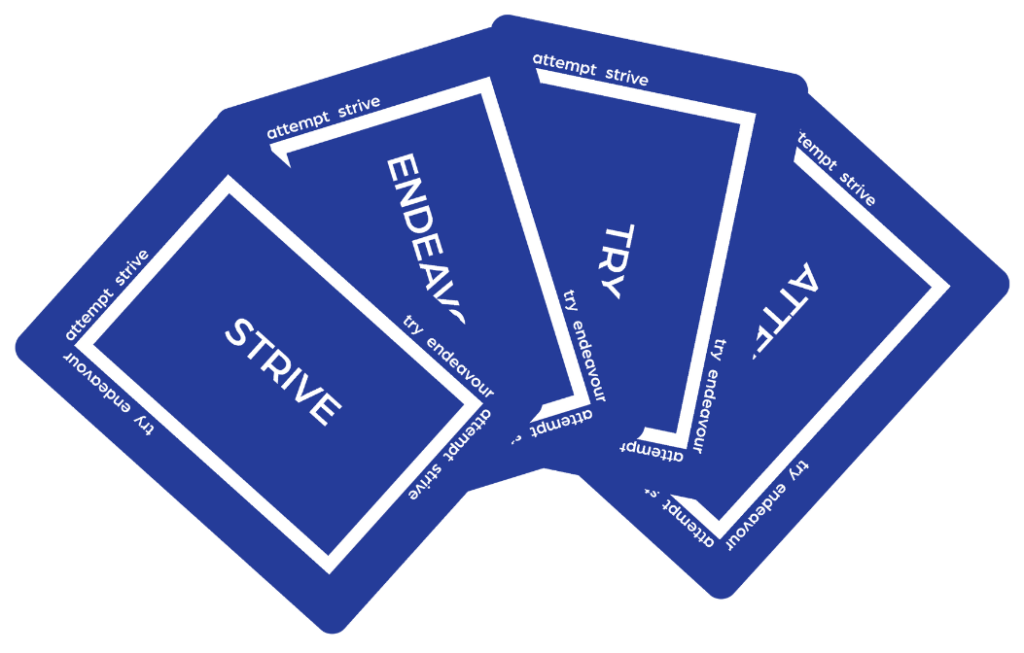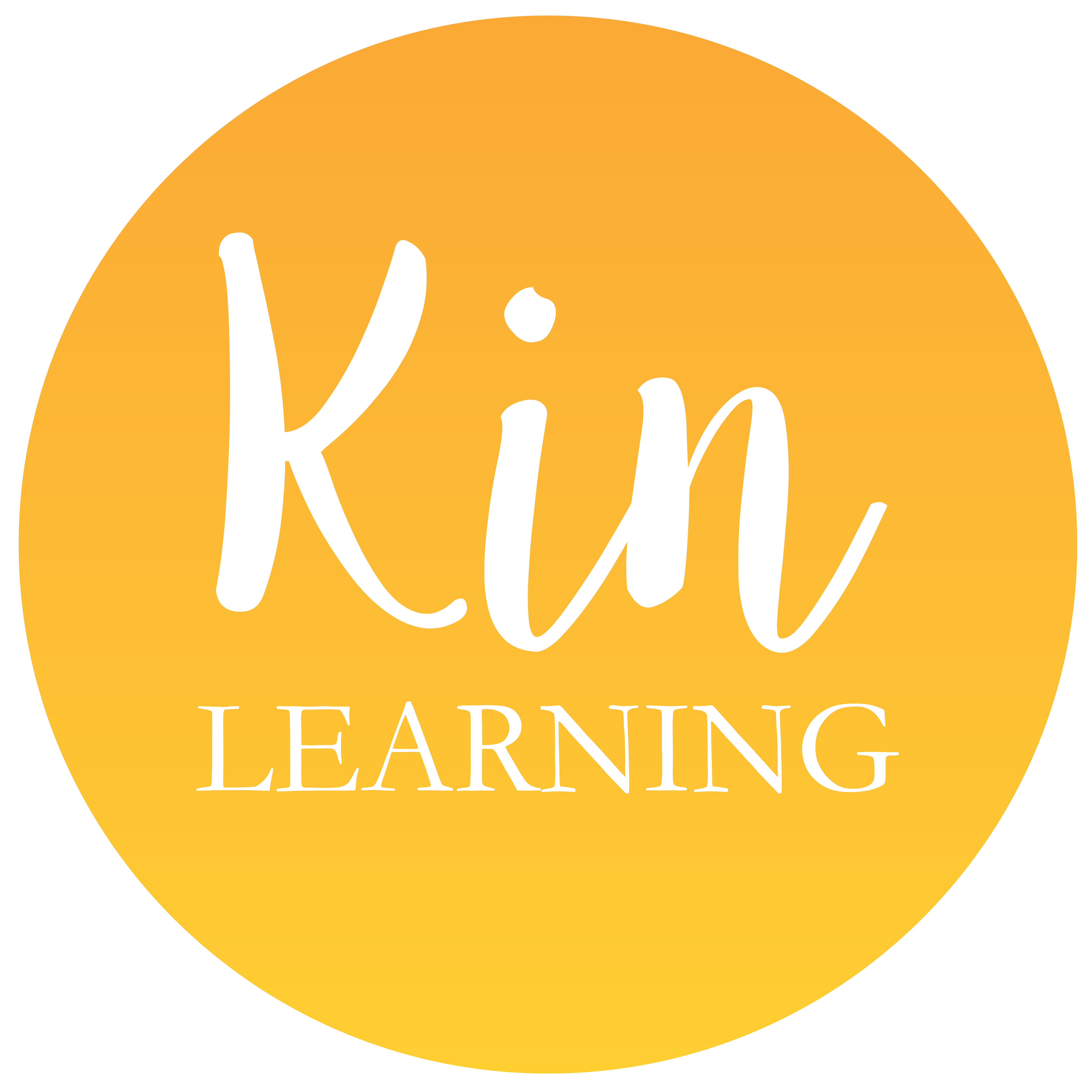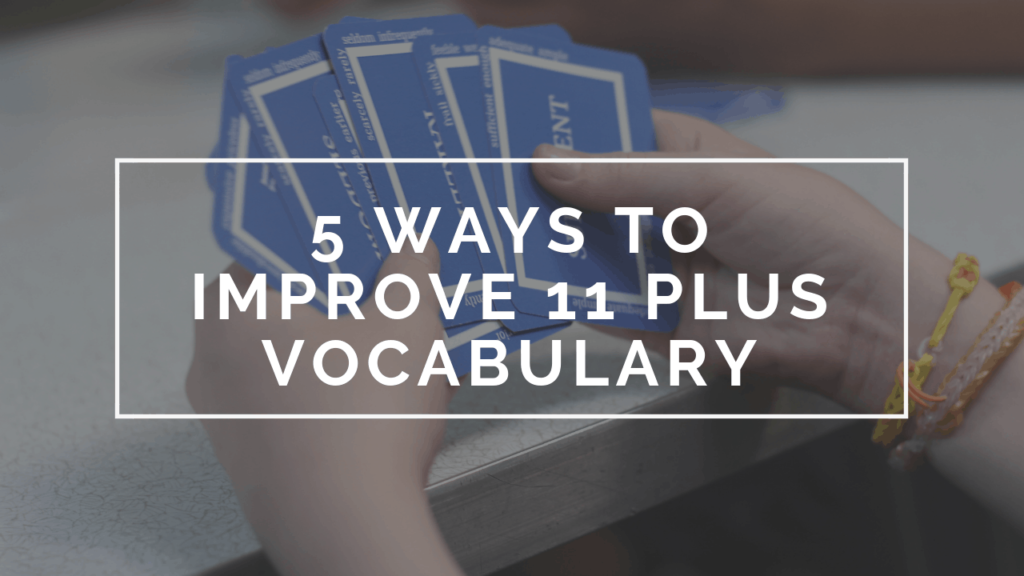A wide vocabulary is often the key to success in the Eleven Plus. A broad vocabulary improves a child’s comprehension as well as helping with synonym and antonym questions in verbal reasoning papers.
Vocabulary is tested in some shape or form in all 11+ exams. For Bromley students, it is particularly important in the Bexley, Olave’s and the Newstead exams. In our analysis of past students, we’ve found that Olave’s candidates scored significantly higher in the Stage 1 exam if they had attended vocabulary courses throughout Year 5.
The Bexley and Newstead tests contain a large number of vocabulary questions and we have consistently found that our top performers are also our most eloquent.
To improve your child’s vocabulary, it is important to use a little and often approach. Try to set aside just 10 to 15 minutes every one or two days to go over new words and you’ll be amazed at the difference you see in your child.

View the Wordier Vocabulary Range
Tip 1 – Using Advanced Vocabulary at Home
Many parents simplify their vocabulary when speaking to their child, but this is exactly the opposite of what you should be doing in order to help your child to progress. By exposing your child to new words on a regular basis, you are giving them an opportunity to hear words in context, which is essential for helping them to store these words in their long-term memories.
If you’re having trouble explaining definitions, you may want to ask your child to look the word up in the dictionary. Our pupils enjoy using Siri (the virtual assistant on iPhones) occasionally to ask for definitions. They get a thrill from doing this, which makes learning vocabulary less of a chore. If you use this option at home, do make sure your child understands the definitions that Siri provides as it may use more language that they don’t understand.
For parents that aren’t confident in their own vocabulary, or those that speak English as a second language, you may want to look at Tip 4 – listening to audiobooks – for a suitable alternative to teaching vocabulary yourself.
Tip 2 – Create Flashcards
Flashcards can be used to test your child as well as providing a way of keeping track of the words your child has learnt.
Flashcards are made by writing the word on one side and its definition on the other. Your child should write these out themselves as this is another way of helping them to remember the spellings and meanings of the words. To make the words even more memorable, try making your own illustrated flashcards, where your child draws a picture to represent each word.
Try to test your child on the flashcards several times a week. This need only take 10 minutes or so but it is important to continue to expose your child to these words regularly in order for them to become engrained in your child’s mind.
Some families turn flashcards into a family game where children compete to remember the definitions. If you’re preparing an older child for the 11+, this has the added benefit of giving your younger child a chance to start learning too.
Remember to put your flashcards in a place that is convenient for you – you can put them on the fridge and practise before dinner, or perhaps place them in your car glove pocket and practise on the way to school.
If you want to add to your flashcard words at home, we recommend the Wordier Illustrated Flashcards, where the pictures and simple definitions are sure to accelerate your child’s learning.

Tip 3 – Review the Illustrated Vocabulary Workbook
UPDATE: The Kin Learning Stretching Vocabulary books have been updated and are now available as the Wordier Illustrated Vocabulary Workbook.
These books are designed to repeat the same words in a variety of exercises in order to increase a child’s exposure to the words.
Once your child has finished the book, try to review the exercises regularly and test your child on the words in the book. If they’ve forgotten some of these words, they can either be added to the flashcards you make or you can highlight the words to remind you to test your child again in future.
Tip 4 – Listen to Audiobooks
Audiobooks are particularly useful for children that aren’t keen on reading. Audiobooks give you the opportunity to expose your child to books from different genres with minimal effort on their side. Children may like to listen to audiobooks before going to sleep or on longer car journeys.
Gutenberg have a selection of free audiobooks of older books (such as Peter Pan).
Note: these audiobooks may not be read with the same professionalism as the books on Audible. You may need to look around on Gutenberg for audiobooks that are engaging enough to keep your child interested.
For a broader selection of books, you can also go to www.audible.co.uk for newer recordings (click here for a free 30-day trial).
Tip 5 – Review synonyms and antonyms in verbal reasoning books
Whilst some parents go over the answers to synonym and antonym questions in verbal reasoning books, many often forget to review the other words in that same question. If your child has answered a question incorrectly, it’s likely because they didn’t know the meanings of several of the words in that question.
Once a month or so, try to go through your child’s verbal reasoning book in order to make a list of the words they may have struggled with. These words can then be added to the list of flashcards you plan on making.
If you’ve been reviewing the words in the verbal reasoning books on a regular basis, return to the book after a few months to see if your child can now answer those questions correctly on their own.
Remember: if there’s any way of doing these activities as a family and making a game out of them, that’s the best way to work. Learning vocabulary can become tedious when children are simply reading words and writing out the definitions. If you’re learning new words at the same time as your child then tell them; they’ll be happy to hear that they’re not the only one that’s learning.
Tip 6 – Play Word Games
Vocabulary-based games like Boggle and Scrabble are a fun way to practise spelling, vocabulary and also to develop critical verbal reasoning skills.
The FISH! Game by Wordier is a vocabulary game based on the traditional Go Fish or Happy Families card games. Playing cards are replaced by sets of synonyms so that children can learn new words and develop memory skills whilst playing.
The best part of all of the games above is that they’re challenging enough that adults can also play them without getting bored.
Key Vocabulary Resources
Children’s Thesaurus – Oxford School Thesaurus or Oxford Primary Thesaurus
A good children’s dictionary is essential when your child is learning vocabulary. A children’s dictionary will have definitions written in a way that your child can understand. Try the Oxford Primary Dictionary if you haven’t got a dictionary already.
Wordier Live: Online Vocabulary Course
With Wordier Live, your child becomes part of an online community of children, taking part in weekly vocabulary lessons and contests. All courses have revision built-in and are led by expert tutors.
Illustrated 11+ Vocabulary Flashcards and App
A set of 75 double-sided flashcards printed with the word, corresponding picture, definition, synonyms, occasional collocations (words that can be used together) and how the word is used in a sentence.
Flashcards are accompanied with an online app where kids can play games, match definitions and practise spelling!
Included words: dumbfounded, verdant, perilous and more.

Illustrated 11+ Vocabulary Workbook
The Illustrated Wordier Workbook is a 64-page workbook featuring over 200 challenging words. We have carefully selected words that often feature in 11+ comprehension passages or verbal reasoning exercises.
Recommended for ages 9+.
A playful card deck featuring 52 different words separated into groups of four synonyms. Each card features a word in the centre with its synonyms listed in the corners.

Our 11+ classes and workshops help children with vocabulary and more. Find out how your child can join today.

